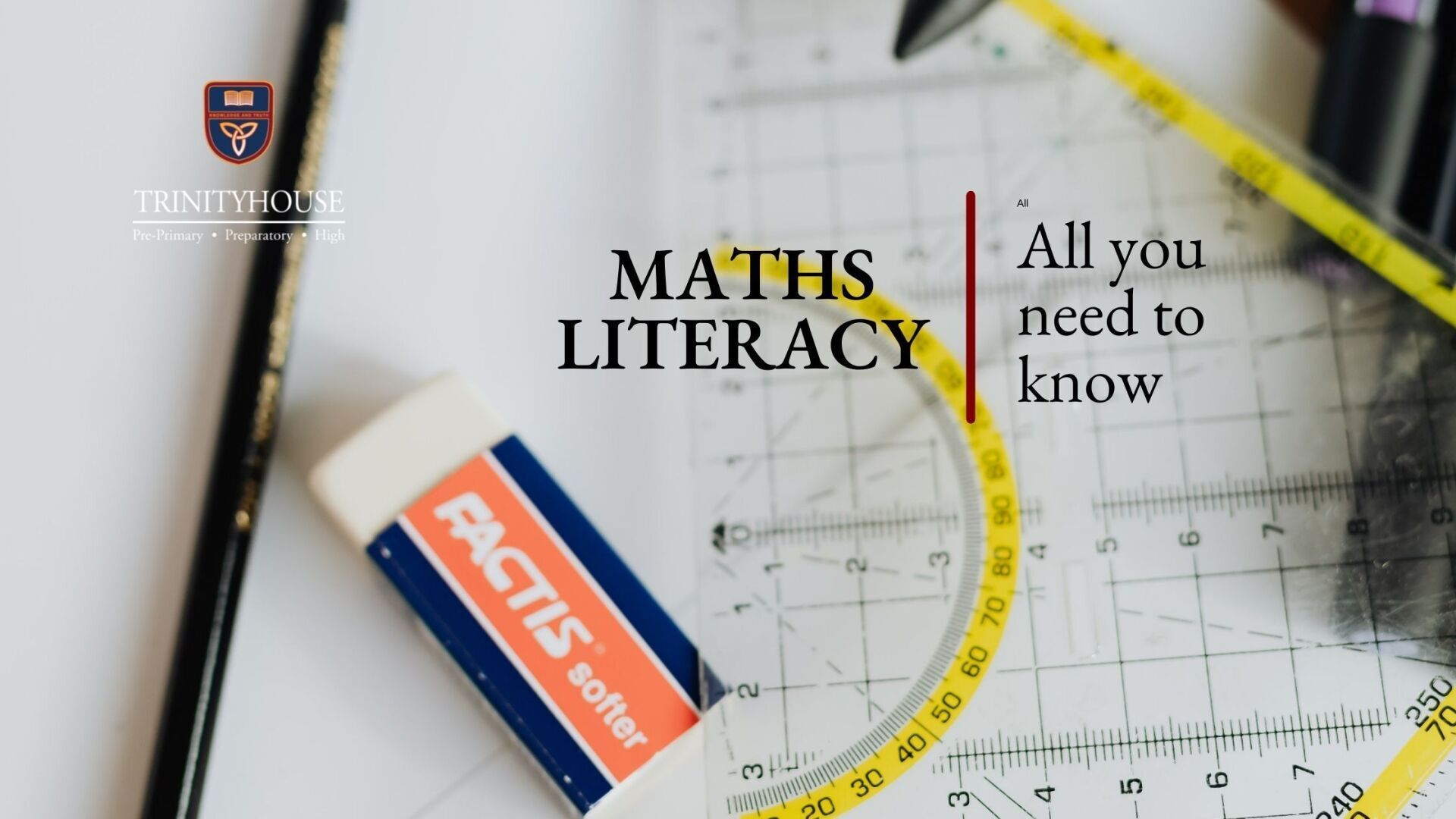Take the S out of Stress | TrinityHouse
As the examination period is in full swing, you may feel the pressure of the exams getting to you. “It is quite normal to feel some anxiety about exams”, says Avril van der Velde, Life-Orientation Teacher for Trinityhouse High Randpark Ridge
. Some people find that a bit of pressure encourage them to do some serious work, while for others this often results in a fear of failure that defeats them even before they put pen to paper.
“Exam stress is usually not so much about the exam paper itself but more about the thought of having to write an exam that puts pressure on the student”, she continues.
If you are spending too much time worrying about your studies and exams, and have feelings of low confidence, self-esteem and feel panicky as well as depressed or anxious, then you know you will not be in a good learning space. These troubled feelings and symptoms in relation to your studies and exams are caused by stress. It is a warning sign that your body and mind are feeling the pressure and asking for attention.
The anxiety creates a kind of “noise” or “mental static” in the brain that blocks our ability to retrieve what is stored in memory which also greatly impairs our ability to comprehend and reason. The key to understanding how anxiety inhibits cognitive and physical performance lies in understanding how emotions affect the rhythmic activity in the nervous system.
The good news is that exam stress can be avoided and that parents have the power to help their children manage and deal with these stressors.
Firstly, learn to recognise when you are stressed out. Don’t be afraid to take a break and have a conversation with someone who knows about the pressure you're under. This will allow you to put things into perspective.
Put together a study timetable focusing on the times of day that you are most alert. We all have slightly different body clocks, so decide if you work best as a night owl or a dawn lark.
Plan in advance. Draw up a realistic revision schedule that could turn your heavy workload into something manageable that will ultimately also help you manage your nerves. We all have different revision styles; some of us like to sit at a tidy library desk whilst others prefer to sit on the floor with their laptop. Wherever you feel calm, in control and comfortable is the best place for you to work through your revision schedule and in so doing alleviate exam stress.
Build rewards and treats into your timetable – anything you can look forward to, for sticking to the timetable. Plan something exciting to celebrate the end of the exams with your friends and family that will make you even more motivated.
Never cram your work into one day, as this will add fuel to the tension and stress fire. You will not remember your work and your brain will strike a blank when it comes to the exam.
When studying, take regular breaks, every 45 – 60 minutes is a good timeframe within which to work. Breaks must at least be ten to fifteen minutes long. During your breaks, do something relaxing, such as reading a book or going for a short walk. Taking your mind off your current work will help you come back to it feeling refreshed. It can also help if you reward yourself after each revision session.
Eat healthily by eating fresh fruit and veggies while studying. On the morning of the exam have a proper breakfast. Fuel your brain as well as your body - no one can think straight on coffee and chocolate, so avoid the caffeine.
Ensure that you get eight hours of sleep before your exam. Wind completely down before you go to bed and don't revise under the duvet on your bed, this is your sanctuary, not your desk.
You need to remember that although this test feels like the most important thing in the world, it isn’t worth the physical strain that you’re putting on your body. When you’re feeling the effects of exam anxiety and your brain feels blank, take a drink of water and breathe deeply and slowly. This will allow your body to rehydrate and to stop the effects of the stress response.
Ultimately, don't lose sight of the fact that there is life after exams. Things might seem intense right now, but it won't last forever.















